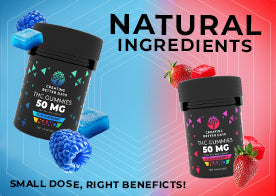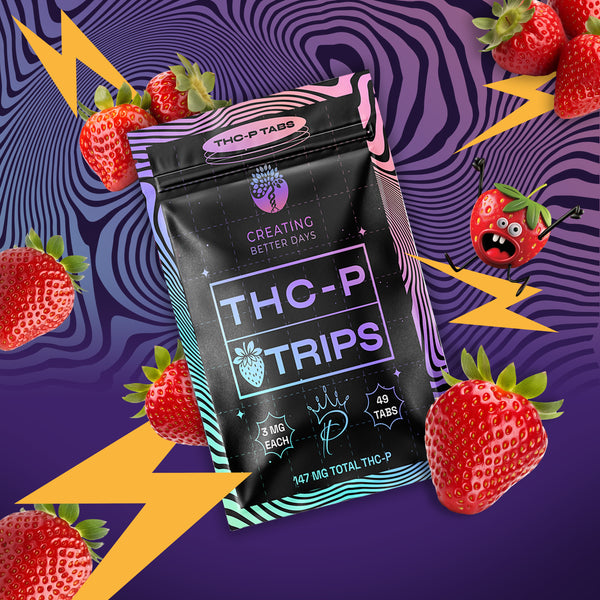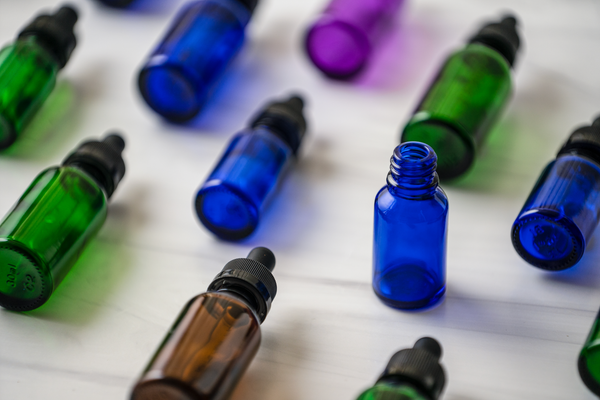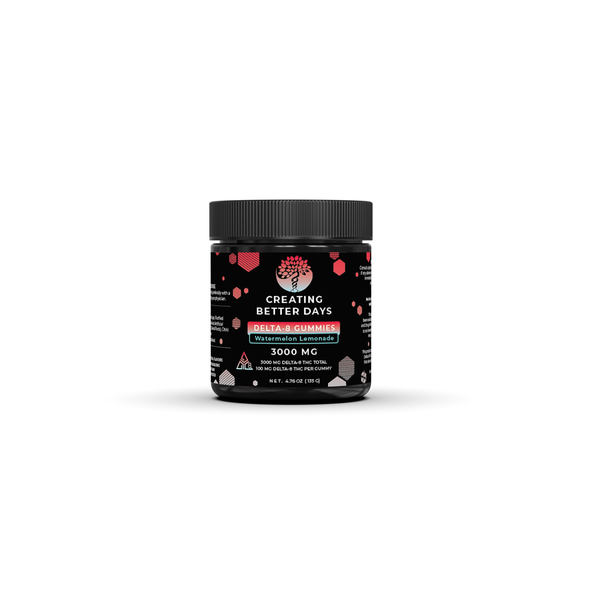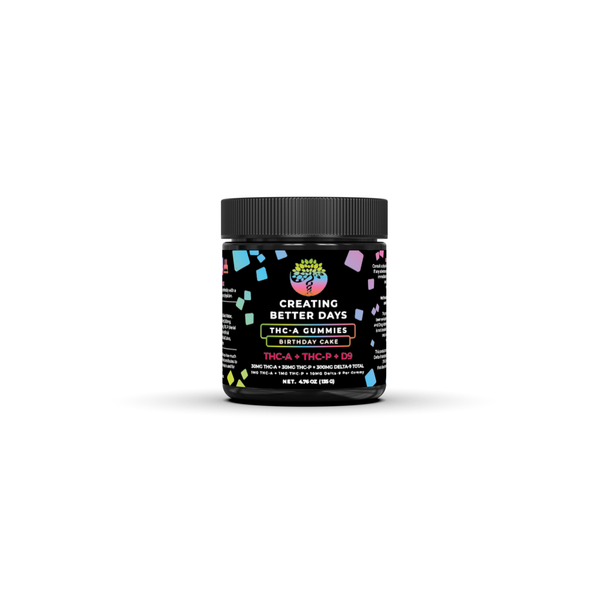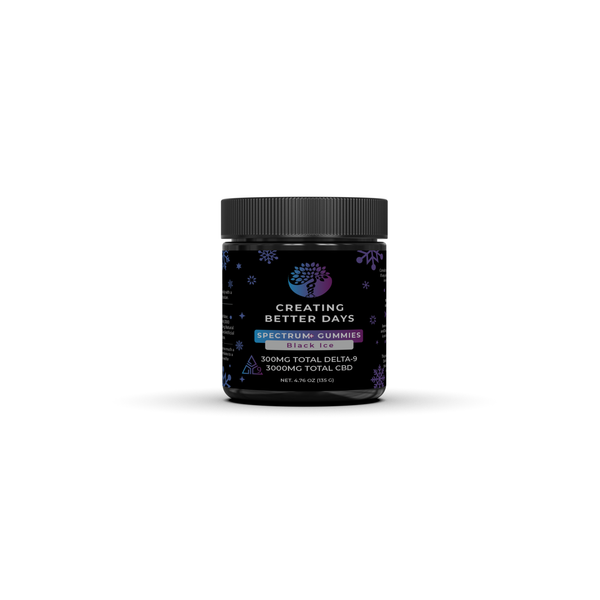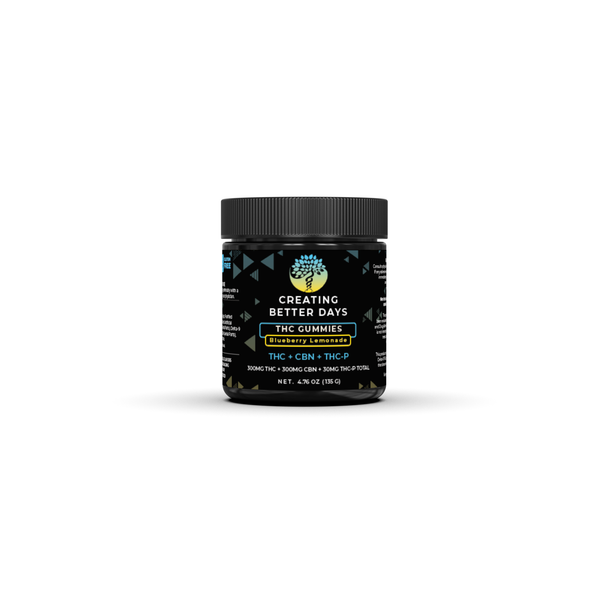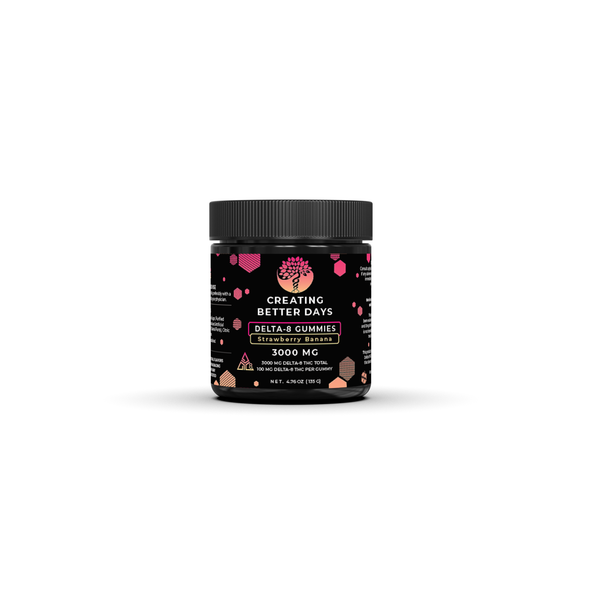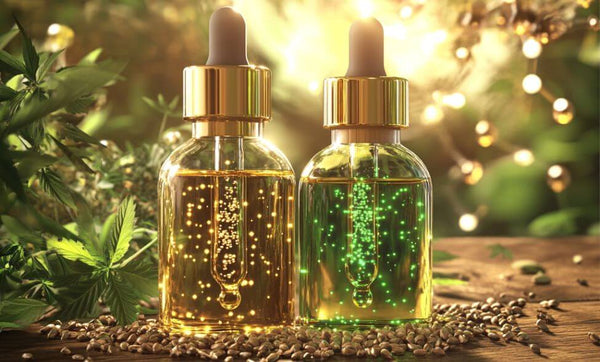
Hemp Oil Vs CBD: What’s the Difference?
You've likely seen both hemp oil and CBD oil on shelves at health food stores or online retailers, but what exactly sets them apart? Hemp Oil vs CBD can be a confusing debate. If you've been wondering whether hemp oil and CBD oil are the same thing, you're not alone. Let's break it down, clear up the confusion, and help you make an informed decision on which product is best for you.
Table of contents
Key Takeaways
- Hemp oil and CBD oil are not the same thing, even though they both come from the hemp plant.
- Hemp oil and CBD oil are derived from hemp flowers, leaves, and stalks.
- Although both oils have unique potential benefits, they serve different purposes in the wellness world.
- Knowing the properties and uses of each oil before choosing one is crucial.
What is Hemp Seed Oil?
Hemp seed oil comes from the seeds of the hemp plant. The seeds don't contain any significant amounts of cannabinoids like CBD, but they are packed with essential fatty acids like omega-3 and omega-6. These healthy fats are believed to be beneficial for maintaining a healthy body. Hemp seed oil also contains a variety of antioxidants and vitamins that can help support your skin and hair health.
In short, hemp seed oil is a nutritional powerhouse—great for adding to smoothies, salad dressings, or using in skincare routines. But when you're looking for relief from specific issues like discomfort, it may not be the first product you want to grab.
What is CBD Oil?
Alternatively, CBD oil can be derived from hemp flowers, leaves, and stalks, where cannabidiol (CBD) is concentrated. Unlike hemp seed oil, CBD oil contains varying levels of CBD, which has gained popularity for its potential to promote a sense of balance and wellness in the body.
CBD oil has a variety of wellness purposes. People use it to support their general health, assist with occasional discomfort, or to aid in a variety of everyday challenges. While hemp seed oil is more about nutrition and skin benefits, CBD oil is often considered a holistic wellness supplement.
What Plants Do CBD and Hemp Seed Oil Come From?
Hemp oil and CBD oil come from the same plant. However, the parts of the plant are different. In contrast to hemp seed oil, CBD oil is derived from hemp flowers, leaves, and stalks, where its concentration is highest.
Cannabis hemp contains less than 0.3% THC, the psychoactive compound in marijuana. This means that both hemp seed oil and CBD oil are non-psychoactive and will not produce any "high."
How Are CBD and Hemp Oil Made?
The process of making hemp seed oil is relatively simple. Since hemp seeds are cold-pressed, they retain their nutrients and healthy fats in the oil. This method is similar to the way other seed oils, such as olive oil, are made. Hemp seed oil doesn't require complex extraction techniques, and it remains nutrient-rich for culinary and cosmetic uses.
In contrast, CBD oil is made through a more involved extraction process. First, the hemp plant's flowers, leaves, and stalks are harvested. Then, a method such as CO2 extraction is used to extract the cannabinoids, including CBD, from the plant. After extraction, the CBD oil may be purified or mixed with a carrier oil (like MCT oil) for easier consumption.
Both oils undergo quality control to ensure purity, but the extraction process for CBD oil is much more complex.
Which is Better: Hemp Oil or CBD Oil?
So, which one should you choose: hemp oil or CBD oil? The answer really depends on your needs.
If you're looking for a natural moisturizer or nutritional supplement, hemp seed oil might be your best bet. Because it is rich in omega fatty acids and antioxidants, it is excellent for skin care and general wellness.
If, however, you're seeking something that may have a broader impact on your body's wellness—perhaps helping you to feel more balanced—CBD oil may be a better option. Its potential to interact with the body's endocannabinoid system means it could provide more noticeable benefits in supporting your overall well-being.
While hemp oil is excellent for general wellness and skin health, it doesn't provide the same targeted effects that CBD oil might offer.
Does Hemp Oil Contain CBD?
No, hemp seed oil does not contain CBD. Despite the fact that both oils come from the same plant, hemp seed oil is derived from seeds that are naturally free of cannabinoids like CBD. If you're specifically looking for CBD, you'll need to reach for CBD oil, which is made from the flowers, leaves, and stalks of the plant.
How Are Hemp and Marijuana Different?
It's easy to get confused when it comes to the terms "hemp" and "marijuana," but they are, in fact, different types of cannabis plants. As opposed to marijuana, hemp contains very little THC (below 0.3%), the compound that causes the "high" associated with marijuana. Contrary to this, marijuana contains much higher amounts of THC.
Both hemp and marijuana are types of cannabis, but they have distinct uses due to their differences in THC content. Hemp is primarily grown for its fiber, seeds, and CBD, while marijuana is cultivated for its high THC content, which is used for its psychoactive properties.
What's The Difference Between Hemp Oil and CBD Oil?
CBD oil is different from hemp oil because of the part of the plant used and the compounds it contains. Despite being rich in fatty acids, vitamins, and antioxidants, hemp seed oil contains little to no CBD. Hemp flowers, leaves, and stalks are used to make CBD oil, which contains high levels of CBD, a cannabinoid with specific wellness benefits.
How They're Made
Cold-pressing hemp seeds produces hemp seed oil. This simple process preserves the nutrients in the seeds, making it ideal for use in food, beauty products, and supplements.
CBD oil is typically extracted using CO2 from the hemp plant. You can use the oil on its own or combine it with a carrier oil for easier consumption.
Legal Status
Both hemp oil and CBD oil are legal in many places, but the legal status of CBD oil can vary depending on local laws. In the United States, CBD derived from hemp (with less than 0.3% THC) is legal, but check local regulations before purchasing.
Hemp oil, being made from seeds, is typically legal everywhere, as it contains no THC or CBD.
Can You Take Hemp Oil and CBD Oil Together?
Yes, you can take hemp oil and CBD oil together. Some people even choose to combine both oils for added wellness benefits. Hemp oil may support your nutritional needs, while CBD oil could provide additional support for a sense of well-being.
Is Hemp Oil Better Than CBD Oil?
According to what you're looking for. If you're after a nutritional boost or a natural moisturizer, hemp oil might be a better choice. However, if you're interested in a product with the potential to interact with your body's endocannabinoid system and promote a sense of balance, CBD oil is likely to be more effective.
How To Choose the Best Products
Consider your wellness goals when choosing hemp oil or CBD oil. Are you looking to support your skin or overall nutrition? Hemp oil could be your answer. Do you want to explore the potential benefits of CBD? Look for a high-quality CBD oil. For CBD products, Creating Better Days offers a selection of CBD oils and topicals that may align with your wellness journey.
Final Thoughts
Understanding the difference between hemp oil and CBD oil is crucial to finding the right product for your needs. Whether you're interested in the nutritional benefits of hemp oil or the wellness potential of CBD oil, knowing what each oil brings to the table is crucial for making an informed decision.
Interested in learning more about Hemp Oil and CBD? You can reach our support team by email at info@creatingbetterdays.com or by phone at (1800) 215-0223. The experts at Creating Better Days will be happy to assist you. Check out our blog section to learn more about Hemp Oil and CBD and find answers to your questions.

